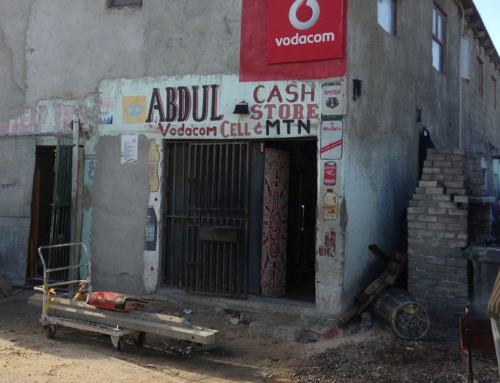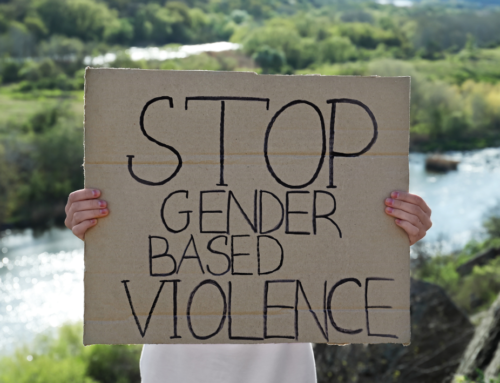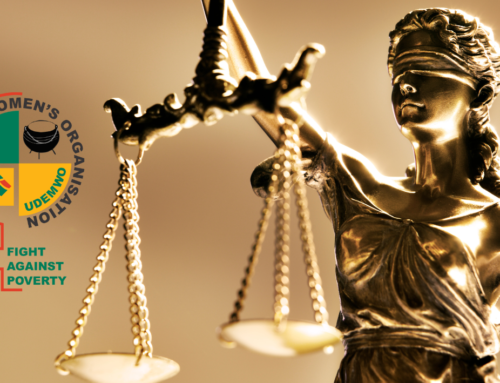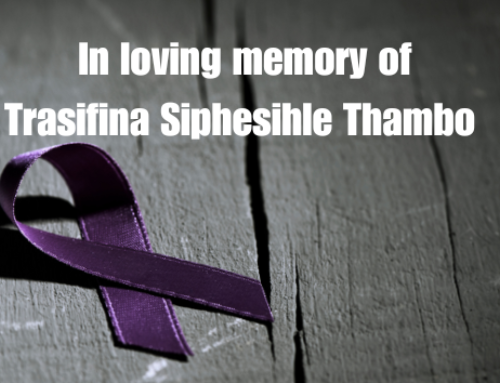

The Springboks’ remarkable triumph was more than just a sports victory; it was a celebration of unity in a nation with a convoluted history of racial divides. The team’s diverse composition, a reflection of post-apartheid South Africa, demonstrated that on the rugby field, individuals from various backgrounds could come together and achieve greatness. The Springboks showcased that sports have the unique power to unite, transcend race and nationality, and foster a collective sense of pride and identity.
However, this joyous occasion should serve as a poignant reminder of the stark contrast between the support and sponsorship available to rugby, particularly men’s rugby, and the relative neglect of other sporting codes, particularly women’s sports like football and netball. While the Springboks have major corporate sponsors, multi-million-dollar endorsements, and an extensive media presence, women’s football and netball often struggle to secure the financial backing necessary for elite competition.
This financial disparity is not just about the numbers on a balance sheet; it reflects society’s values and the deep-rooted gender biases prevalent in sports. It perpetuates the notion that women’s sports are less important or less entertaining, despite the fact that female athletes have consistently displayed remarkable skills and dedication, often achieving results that rival those of their male counterparts. It is high time we recognized the inherent value of women’s sports and invested accordingly.
Moreover, gender inequity is glaringly evident when we examine the vast salary disparities between male and female athletes. In many sports, male athletes earn disproportionately higher salaries than female athletes, despite achieving similar levels of success and putting in the same level of dedication and effort. This pay gap is not justified by performance but rather perpetuates systemic biases and societal norms that place men’s sports on a pedestal.
START HERE >
Addressing these issues and achieving true equity in sports necessitates a multipronged approach. Sponsors and media outlets should recognize the value of women’s sports and allocate resources accordingly. It’s not merely about financial investments; it’s about challenging the prevailing attitudes that underestimate the importance and appeal of women’s sports. Female athletes should be compensated fairly, commensurate with their skills, commitment, and the revenue they generate. This requires a shift in perception and a willingness to promote women’s sports with the same vigour and investment that men’s sports have enjoyed for decades.
Furthermore, promoting equity in sports extends beyond rugby, cricket, and soccer. Many other sporting codes often receive minimal support and development, which limits the growth and competitiveness of athletes in those disciplines. South Africa, like many other nations, possesses a wealth of untapped talent in various sports. By investing in these lesser-known sports and providing opportunities for development, we can nurture talent, build healthier communities, and cultivate national pride.
In conclusion, the Rugby World Cup triumph of the Springboks in 2023 ought to spark change in the sports industry in addition to being a reason for joy. Let’s take use of this occasion for national pride to address the disparities in sports sponsorship, pay, and career advancement chances. Only when we attain parity in all sports will we be able to genuinely honour our athletes’ accomplishments and recognise the inspiration and unity they provide to our multicultural country.
Issued by:
United Democratic Movement National Office
Mr Yongama Zigebe
UDM Secretary General



















